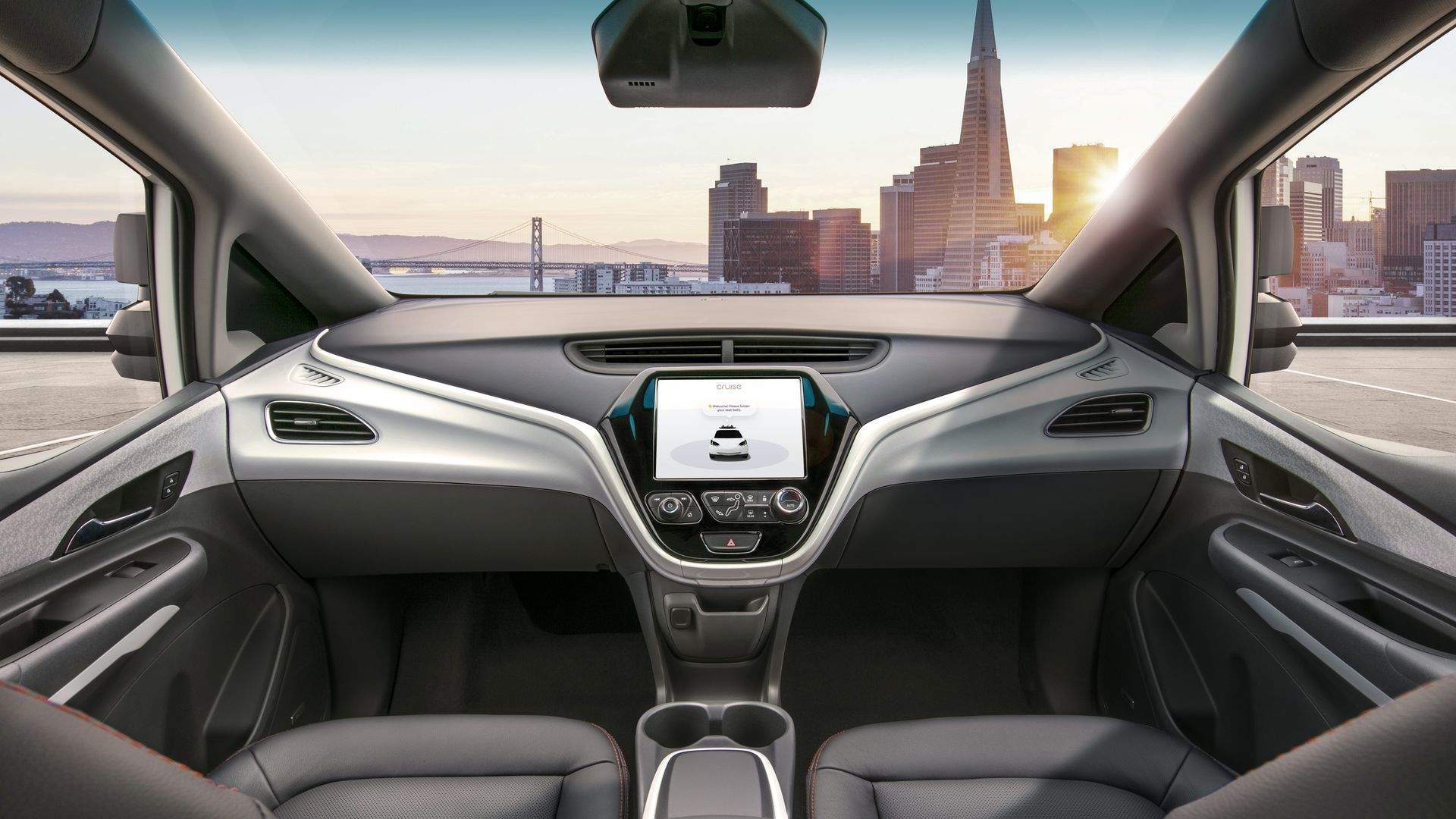
The internet of things encompasses many everyday objects, and cars are no exception. Nowadays, most new vehicles are ‘connected’; fitted with some form of in-vehicle communications or internet access. However many experts believe that the introduction of 5G could expand connected cars even further.
A reliable 5G network could dramatically impact the capabilities of connected cars, and in doing so finally make autonomous vehicles a commercial reality.

Access deeper industry intelligence
Experience unmatched clarity with a single platform that combines unique data, AI, and human expertise.
What is a connected car?
A connected car is a vehicle that is connected to an external network in some way. This means that the functions in the car can be controlled by a smart device, the car itself can act as a mobile 4G hotspot and the driver can receive information while on the move, such as navigation or traffic data.
Connected cars are nothing new. The first connected cars appeared on the road back in 1996, when General Motors partnered with Motorola to introduced connected car features to its DeVille, Seville and Eldorado Cadillac models.
An estimated 21 million connected cars are currently on the road, with capabilities ranging from monitoring for faults to contacting emergency services, and even the ability to unlock your car using an app.
The global market for connected cars is expected to increase dramatically in the near future, growing by 270% by 2022, according to research by Counterpoint’s Internet of Things Tracker service.

US Tariffs are shifting - will you react or anticipate?
Don’t let policy changes catch you off guard. Stay proactive with real-time data and expert analysis.
By GlobalDataMore than 125 million connected passenger cars with embedded connectivity are predicted to be shipped during 2018-2022.
5G could expand the capabilities of connected cars
Put simply, 5G is the latest generation of mobile network. With high-bandwidth and low-latency (lag), 5G is set to be far faster than previous generations. Predicted to be rolled out in the UK in 2020, experts believe that one of its main applications will be in the automotive industry.
Speaking at TechXLR8, part of London Tech Week 2018, senior vice president of Orange Labs Network Emmanuel Lugagne-Delpon said he believes connected cars are a key use of 5G:
“Connected cars are one of the most fascinating, one of the most difficult and one of the most demanding use cases for 5G.”
5G could enable vehicle-to-vehicle and vehicle-to-infrastructure communications at a speed and capacity not possible with previous network generations. Compared to 4G, 5G uses different radio spectrum frequencies, meaning it can connect more devices to the internet without the interference that can occur with 4G.
Crucially, the low latency of 5G will mean that there is no noticeable delay between a signal being sent and received. This is vital for safety, especially in autonomous vehicles.
The automotive industry is waking up to the potential of 5G-connected vehicles. Last month, Audi announced that it plans to get 5G vehicles on the road by 2020 through a joint venture with Chinese technology company Huawei.
Similarly, earlier this year Samsung announced 5G-connected car plans that it claims will be “the industry’s first 5G-ready automotive solution”.
5G and autonomous vehicles
The prospect of driverless cars has been on the horizon for a while, with Tesla already claiming that its upcoming V9 software update will include a “full self-driving feature”.
However, many experts believe that driverless cars will only become commonplace once 5G is widely implemented.
Research director at Counterpoint Research Neil Shah said:
“We expect 5G connectivity in cars to kick-in from 2020 onwards. However, the overall penetration is likely to remain low till 2022.
“The progress on the levels of autonomous technology in a car will also dictate the usage of 4G or 5G technology embedded in the cars beyond 2022 when 5G coverage rollout becomes ubiquitous. Further, 5G NR (standalone or SA) mode rollout which promises lower latencies will be critical for driving an inflection point in commercialisation of autonomous cars later in the next decade.”
In order to drive themselves safely, automated vehicles will need to both communicate with each other to reduce congestion and collisions, and recreate the situational awareness of a human driver using radars and cameras to analyse surroundings.
As 5G does not require a carrier, this could be done without relying on wide area network coverage. 4G is simply not fast enough to work at a speed needed for autonomous vehicles.
Furthermore, connected autonomous cars will need to receive and generate a large amount of data, which will need to capabilities of 5G in order to download real-time information about traffic, hazards and environmental conditions.
In less practical terms, with people no longer acting as drivers but as passengers, the higher bandwidth offered by 5G could turn cars into entertainment systems.
Although it may be a while before driverless cars become the norm, some companies are making headway in combining the two cutting-edge technologies. This month, Baidu and China Mobile announced that they would be partnering to develop an autonomous car platform that will use 5G.
Senior vice-president of electronics for BMW Group Dr Christoph Grote told 5G.co.uk:
“We expect 5G to become the worldwide dominating mobile communications standard of the next decade. For the automotive industry it is essential that 5G fulfils the challenges of the era of digitalisation and autonomous driving.”






